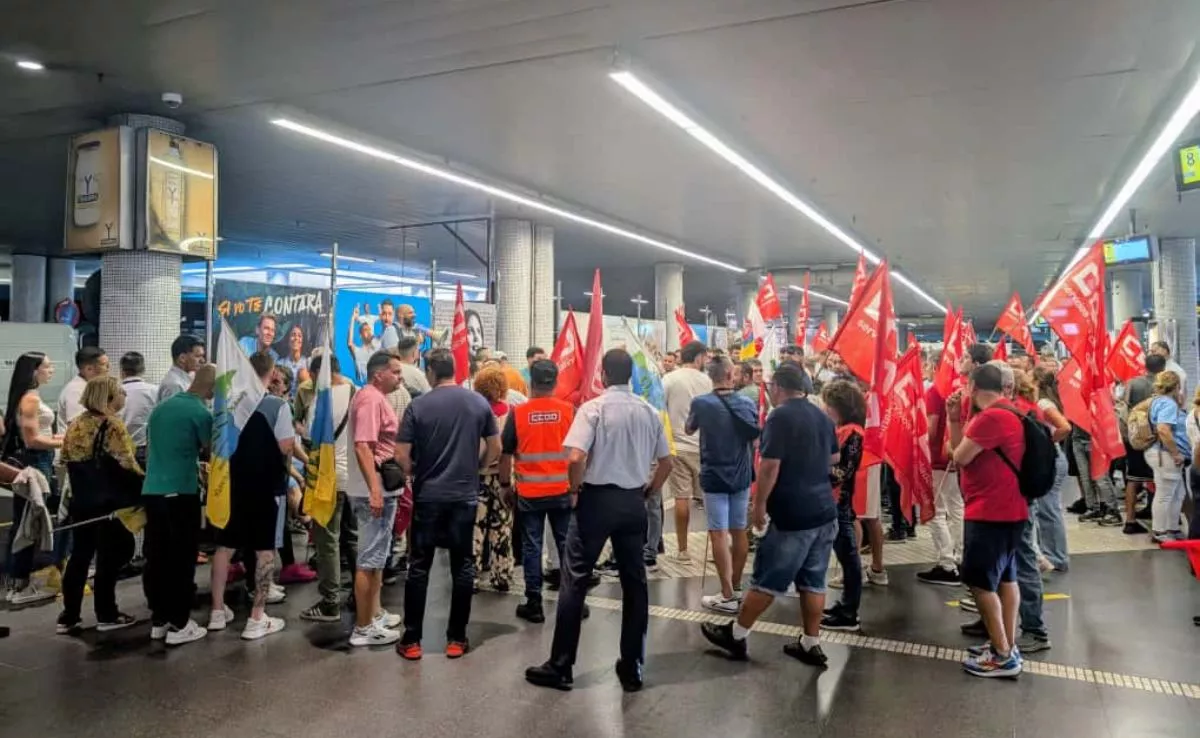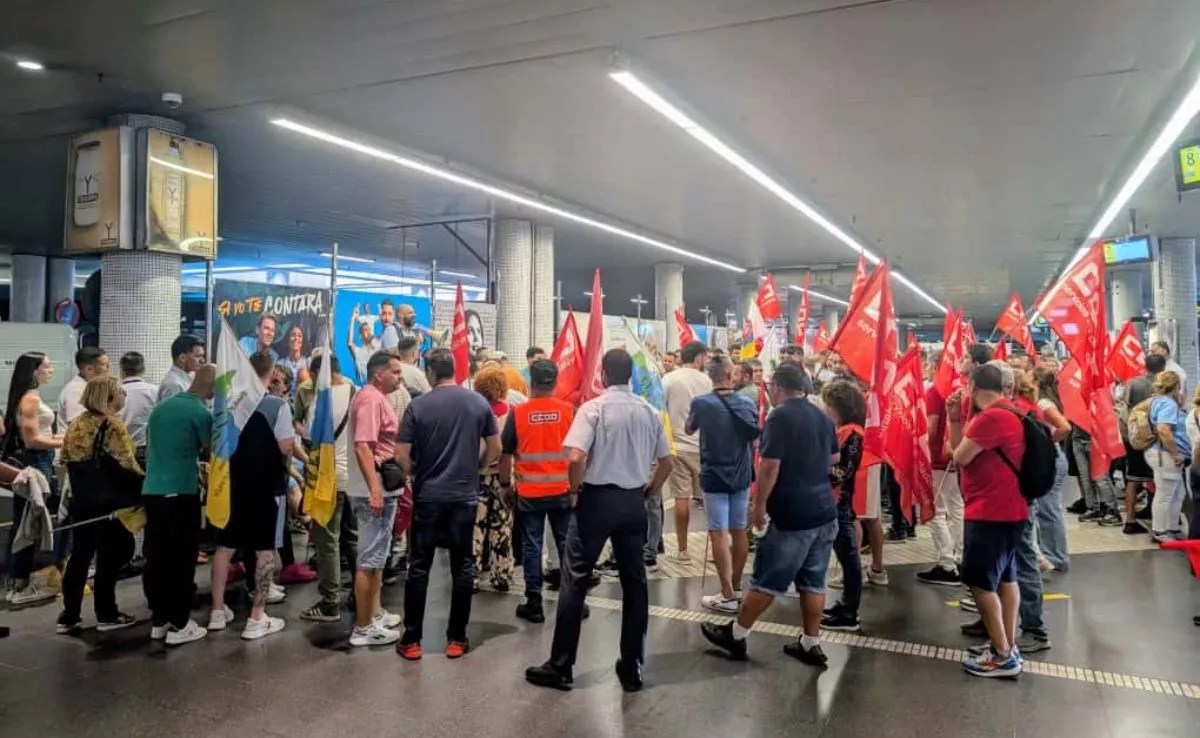Understanding the Recent Transport Strike in Las Palmas

The Tension Between Workers’ Rights and Public Inconvenience
Is it frustrating when workers go on strike? Does the inconvenience of not being able to catch the bus overshadow the issue of poor working conditions? The recent intercity transport strike in the province of Las Palmas has highlighted the tension between advocating for labour rights and the disruption these actions cause to the daily lives of others. Many users appear to blame drivers for the inconvenience without considering the reasons behind the strike. This pattern is also evident in strikes across other sectors.
Understanding Public Sentiment
According to Tenisca Gil, Dean of the Official College of Political Sciences and Sociology of the Canary Islands, and Paloma Barros, General Secretary of the Insular Union of CCOO in Tenerife, the rejection from society and the discomfort surrounding labour disputes largely stem from widespread misunderstanding and individualism.
Gil explains that, “In the Canary Islands, there is a mix of perspectives. While some segments of the population view strikes as a legitimate and necessary expression of dissent aimed at securing labour rights and distributing power among workers, employers, and the administration, there exists a significant portion that criticises the strikes and places the blame on workers rather than addressing the structural causes.”
This bias, she continues, arises when visible effects, such as delays or inconveniences, disrupt people’s daily lives, often leaving them unaware of the underlying issues that led to the strike. “It is important to remember that the Canary Islands face a context of job insecurity, with unemployment rates above the national average. In that scenario, it is understandable that many might resent a transport strike that interrupts their routine,” she adds.
The Role of Media Coverage
Media plays a crucial role in this dynamic. The Dean emphasizes that outlets often focus on the immediate consequences of conflicts, such as delays or discomfort, sidelining the structural causes that provoke them. “This, combined with the individualistic and fast-paced nature of our lives, where there is little time for collective reflection and job insecurity consumes most of our energy, makes it easy to blame the worker,” Gil comments.
The Perception of Strikes
Furthermore, a decline in class consciousness is another factor influencing public perception of strikes. People often fail to connect their work-related issues to broader structures and tend to view strikes as more of a nuisance than a collective right. However, as a sociologist, Gil acknowledges some progress: “Today, thanks to social media and the increased visibility of labour conflicts, there is more room to hear different perspectives. Additionally, younger generations are more sensitive to issues of social justice, inequality, and labour rights.”
Individualism in Society
From the unions’ perspective, Barros agrees that the misunderstanding of strikes is a widespread phenomenon. “The view towards strikes is an endemic issue. We live in a society where the individual takes precedence over the group. Unless a conflict directly affects us, we tend to see it as someone else’s problem. It is easier to complain than to lend a hand,” she points out.
Barros clarifies that the purpose of a strike is not to harm the public but rather to highlight a conflict affecting workers, which ultimately impacts society as a whole: “Workers and citizens are fundamentally the same. The discomfort generated, for example, in transport, is not intended to annoy, but rather to amplify calls for attention from companies or administrations regarding these demands.”
The Need for Empathy
Both experts agree that the solution lies in education and communication. Gil suggests integrating content on labour history and social rights into educational curricula, promoting awareness campaigns, and demanding transparency from governments and employers: “We should not allow the narrative to be dictated solely by headlines; instead, we must provide context and deeper reasons to the public.”
Barros stresses the importance of “opening our eyes a little” to better “understand the message being communicated by a worker who is protesting” and to comprehend the reasons behind their actions. Ultimately, it all comes down to a bit of empathy in our individualised world.















